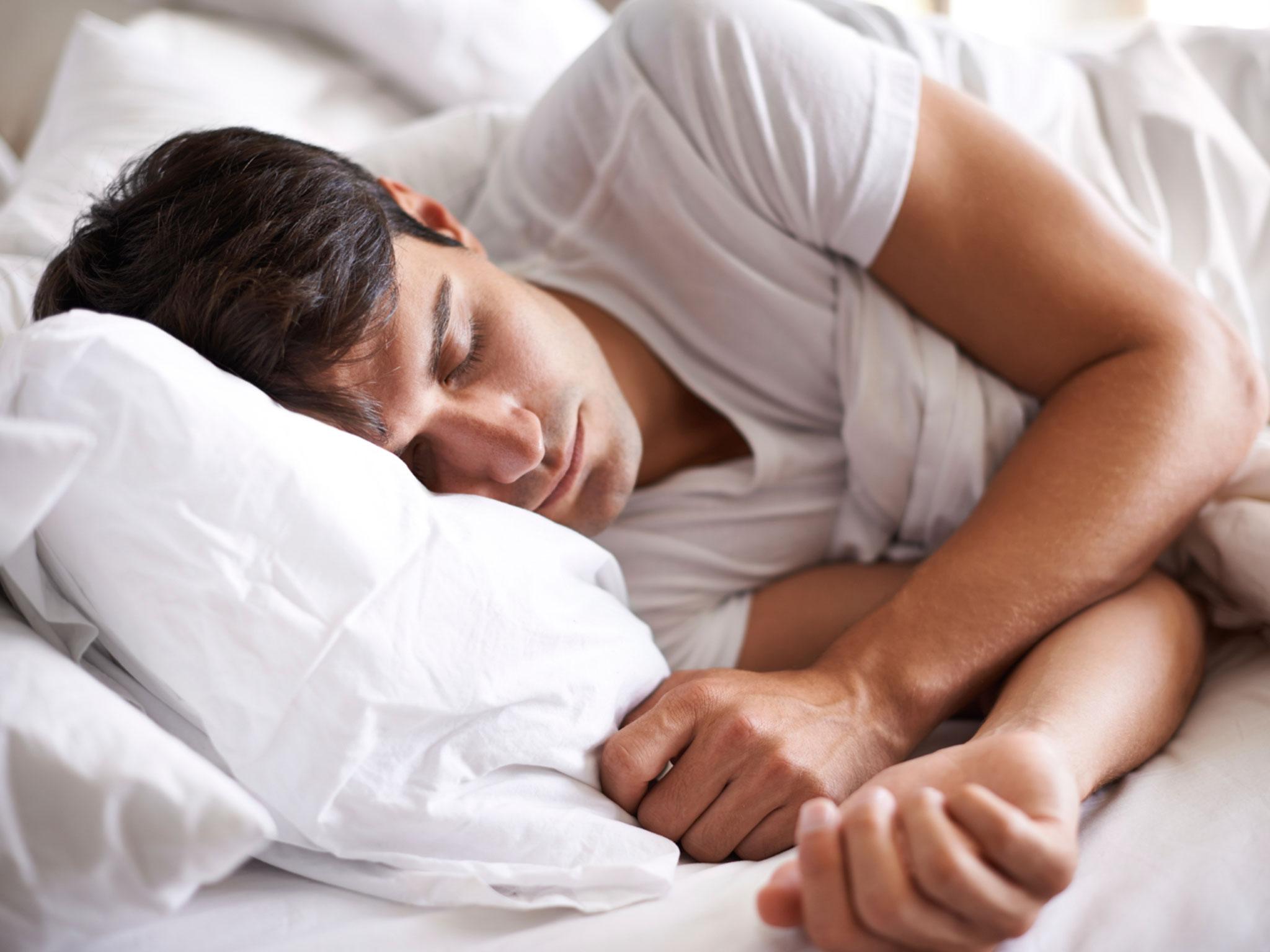Sleeping too little or too much can increase stroke risk, study finds
Researchers analysed data on almost 290,000 people

Your support helps us to tell the story
From reproductive rights to climate change to Big Tech, The Independent is on the ground when the story is developing. Whether it's investigating the financials of Elon Musk's pro-Trump PAC or producing our latest documentary, 'The A Word', which shines a light on the American women fighting for reproductive rights, we know how important it is to parse out the facts from the messaging.
At such a critical moment in US history, we need reporters on the ground. Your donation allows us to keep sending journalists to speak to both sides of the story.
The Independent is trusted by Americans across the entire political spectrum. And unlike many other quality news outlets, we choose not to lock Americans out of our reporting and analysis with paywalls. We believe quality journalism should be available to everyone, paid for by those who can afford it.
Your support makes all the difference.Sleeping too much or too little can increase the risk of having a stroke, according to a new study.
Researchers found that those who sleep for more than eight hours a night increased their risk of experiencing a stroke by 146 per cent above the existing chance.
Those who slept for less than seven hours a night were over a fifth more likely to have a stroke.
However, those who sleep between seven to eight hours a night were a quarter less likely to have a stroke.
US Researchers, who studied data on almost 290,000 people, also found that exercising for 30 to 60 minutes three to six times a week helped people reap the maximum benefits of stroke prevention, the Evening Standard reported.
The database included statistics on health, lifestyle, age and ethnicity of the participants collected between 2004 to 2014. This included how much they slept, and whether they took part in activities such as walking, swimming, cycling or gardening, according to the Australian Associated Press.
The team from the New York University School of Medicine presented their findings at the American Stroke Association Meeting.
A stroke occurs when the blood supply to part of the brain is cut off.
Around 110,000 people in England experience strokes each year, making it the third largest cause of death after heart disease and cancer, according to the NHS.
The findings mirror a study by the University of Cambridge published last year which found that people who sleep for more than eight hours a day have an increased risk of stroke. They said this risk doubles for older people who persistently sleep longer than average.
Join our commenting forum
Join thought-provoking conversations, follow other Independent readers and see their replies
Comments